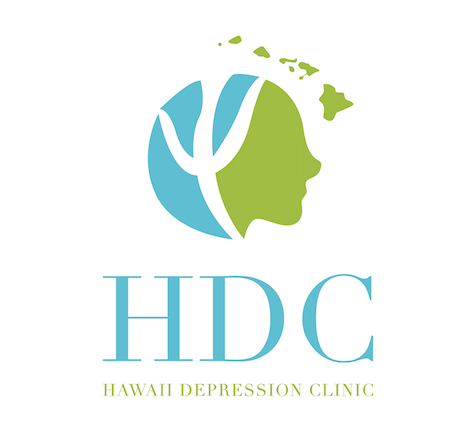
Tools and Resources
Support and Direction for Managing Depression
Tools and Resources
Support and Guidance
for Managing Depression

The Power of Healthy Boundaries
The Power of Healthy Boundaries: Protecting Your Well-Being While Staying Connected
In today’s fast-paced world, balancing personal needs with social and professional responsibilities can be challenging. Many people struggle with feeling overwhelmed, drained, or even resentful in relationships—often without realizing that the root of the issue lies in boundaries.
At Hawaii Depression Clinic (HDC), we recognize that setting and maintaining healthy boundaries is essential for mental well-being. But what exactly are boundaries, and how do they shape our emotional health?
What Are Boundaries?
Boundaries define where we end and others begin. They allow us to maintain a sense of self while engaging in meaningful connections. A well-defined boundary helps us stay true to our values, protect our mental and emotional energy, and foster relationships based on mutual respect.
There are three common types of boundaries:
Rigid Boundaries – Keeping others at a distance, struggling with trust, and avoiding emotional vulnerability.
Porous Boundaries – Over-sharing, people-pleasing, and feeling responsible for others' emotions.
Healthy Boundaries – Balancing personal needs with empathy, knowing when to say yes or no, and maintaining emotional resilience.
Signs of Weak Boundaries
If you find yourself frequently feeling exhausted in relationships, overcommitting, or struggling with guilt when prioritizing yourself, it may be a sign of weak or porous boundaries. Some common indicators include:
Difficulty saying “no” without excessive explanation.
Feeling responsible for other people’s happiness or emotions.
Experiencing resentment in relationships due to unmet needs.
Struggling with authenticity, adapting too much to fit in.
How to Strengthen Your Boundaries
1. Recognize Your Emotional Cues
If certain interactions leave you feeling resentful or emotionally drained, take note. These emotions often signal where a boundary needs reinforcement.
2. Clarify Your Values
Your boundaries should align with what’s most important to you. If you value self-care, you may need to set limits on overextending yourself. If you value connection, you can allow emotional sharing while ensuring it’s not at the expense of your well-being.
3. Practice Assertive Communication
Learning to say “no” or express your needs in a clear, respectful way can help prevent burnout and resentment. Try using “I” statements:
“I need some time to recharge before I can help with this.”
“I’m not comfortable with that request, but here’s an alternative that works for me.”
4. Balance Empathy With Autonomy
Being compassionate doesn’t mean taking on others’ emotions as your own. You can support others while maintaining emotional separation by reminding yourself:
“Their feelings are valid, but they are not mine to fix.”
“I can care about someone without sacrificing my well-being.”
5. Use Mindfulness to Stay Grounded
Mindfulness practices—such as deep breathing or visualization—can help you check in with yourself before responding to emotionally charged situations. Try imagining a protective barrier around you that keeps out negativity while allowing healthy interactions.
Boundaries and Mental Health
At Hawaii Depression Clinic, we emphasize the connection between strong boundaries and mental health. Unhealthy boundaries can contribute to stress, anxiety, depression, and burnout. However, when we protect our emotional space, we create a foundation for self-respect, meaningful relationships, and overall well-being.
Are you struggling with setting boundaries? Our team at HDC is here to help. Whether through therapy, TMS treatment, Ketamine therapy, or a structured wellness plan, we can guide you toward a healthier, more balanced life.
We Are Your Team.
LINKS
CONTACT INFO
BUSINESS HOURS
(808) 377-6188
office@hawaiidepressionclinic.com
Monday:----------8 am - 6 pm
Tuesday:----------8 am - 6 pm
Wednesday:----- 8 am - 6 pm
Thursday:---------8 am - 6 pm
Friday: ------------8 am - 6 pm
Saturday: ---------Closed
Sunday: -----------Closed
2022 HAWAII DEPRESSION CLINIC, LLC. All Rights Reserved.
We Are Your Team.
Location and Hours
Aiea Medical Building Suite 109
99-128 Aiea Heights Drive, #109
Aiea, HI 96701
Monday - Saturday
8:00 AM - 6:00 PM
Closed Sunday

